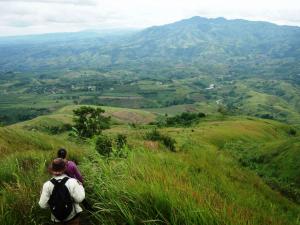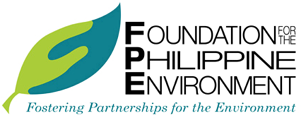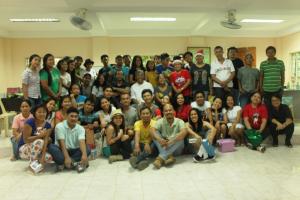News
FPE-Supported Arakan Forest Corridor Project Bagged Yale University's Innovation Prize
Posted on February 2, 2015Yale University's International Society of Tropical Forests offered its first ever Innovation Prize for outstanding ideas and concepts in financing tropical forest conservation on its 2014 Conference.
For the 2015 ISTF Conference, landscape initiatives for biodiversity conservation that address (but are not limited to) the following points were awarded:
- Conserving biodiversity across multiple-use landscapes
- Creating long-term conservation benefits
- Achieving conservation results that are measurable and sustainable
- Working with different stakeholders across sectors
- Using innovative tools for biodiversity conservation or landscape design
Additional Criteria
- Projects must have been implemented or be in the process of implementation.
- Projects must have environmental impact, social inclusiveness, economic soundness and originality.
- Projects must be led by a local organization in a developing tropical country.
- Projects must have multidisciplinary research and teams.
Yale ISTF Innovation Prize Winners
The winner of the $2,500 Prize is:
The MACO Initiative: An example of rural-urban “idea innovation flow” for water and land conservation in Olanchito, Honduras
The winner of the $500 Prize is:
Philippine Eagle Foundation - Holistic forest biodiversity conservation in the Arakan Valley through ‘corridors’ and ‘stepping stones’

Using a landscape restoration framework crafted by various stakeholders, a revitalized Arakan Forest Corridor Development Program (AFCDP) began in 2010. The AFCDP is a multi-year initiative that combines forest management, poverty alleviation, resource mobilization, local capacity building, advocacy and education to restore the social-ecological resiliency of the Arakan landscape and its predominantly poor, rural inhabitants. To date, 6,000 ha of the KBAs are legally protected with clear management regimes that also conserve IUCN ‘threatened’ species like the Philippine Eagle. Native trees were also re-planted in 370 ha of non-forest areas around ‘core zones’ through small-holder ‘rainforestation’ approaches, with census showing a 60 % average survival rate in successful reforestation plots.
Using a ‘sustainable livelihoods framework’ approach, the well-being of 200Indigenous households performing clear environmental services is also being secured. During the previous year, household annual income has tripled from rainforestation fees. Basic education, health and livelihood support were also facilitated as ‘conservation incentives’. Sustainable conservation financing and ‘in-kind’ incentives are brokered through ‘conservation agreements’ between communities and their government, private and corporate benefactors. We mobilized US $ 316,000.00 of funding so far through these innovative ‘private-public-community’ partnerships. Recently, a total of 36 ha of small, natural forests patches within production landscapes that are wildlife ‘stepping stones’ in between core zones will be rehabilitated and expanded through a private-landholder restoration
Click here to visit Yale University's ISTF Innovation Prize page.
Read More:
- Executive Director Dr. Jerome L. Montemayor carried the banner of the Foundation for the Philippine Environment and the larger civil society during the SBSTTA 26 and SBI 4 meetings in Kenya
- Call for Proposals for the SGP-8 Country Programme Strategy
- #Y4B Ambassadors: JOEPET JEROME S. JARO
- #Y4B Ambassadors: MELLARD MANOGURA
- #Y4B Ambassadors: MARY JANE P. MAGAN
- #Y4B Ambassadors: SHRI TAHANIE B. MACAUMBAO

 DISPLAY CALENDAR
DISPLAY CALENDAR

 Read Policy Briefs
Read Policy Briefs
 View Our Partners
View Our Partners
 Access Grants MIS
Access Grants MIS
 Login to Webmail
Login to Webmail